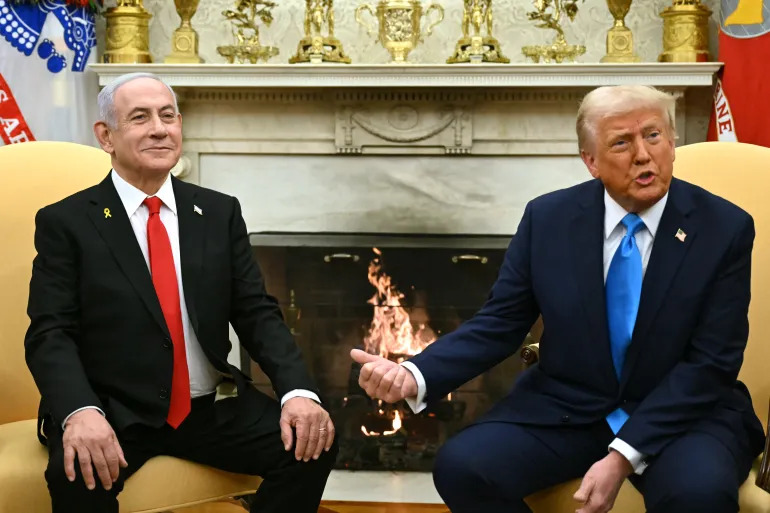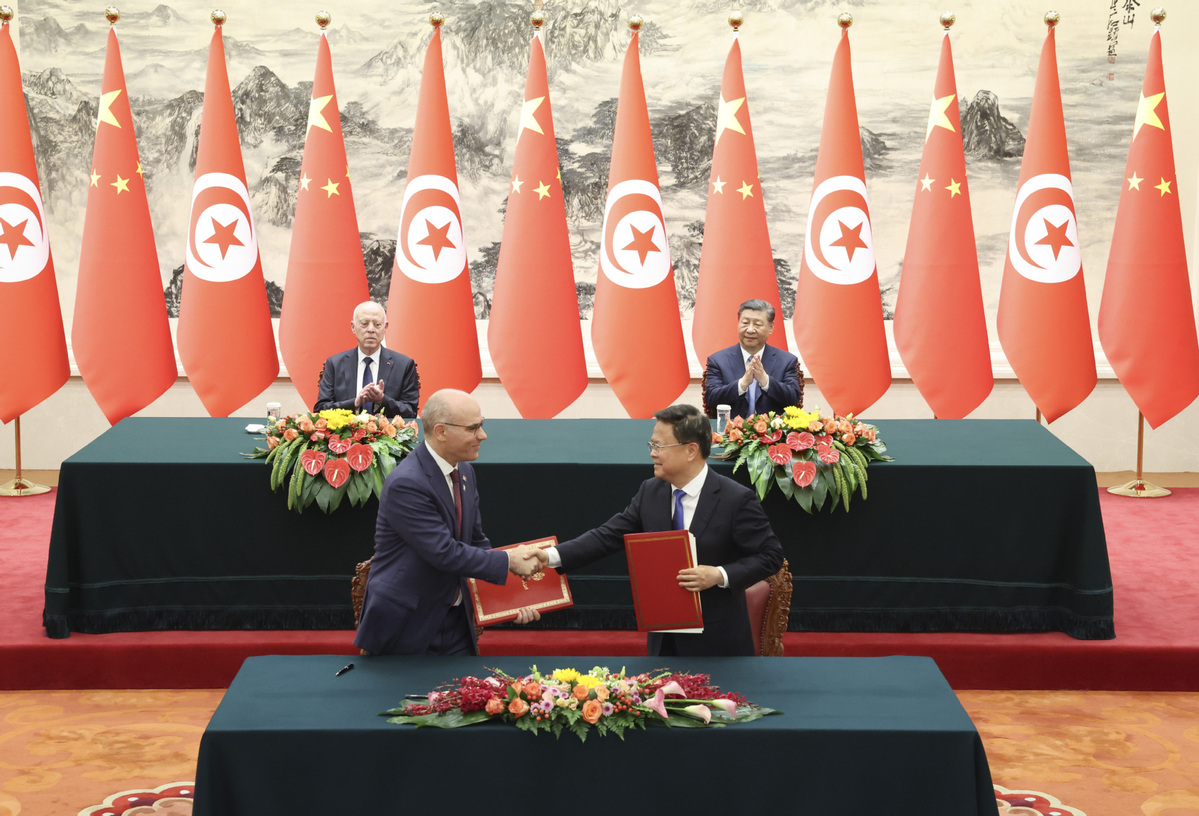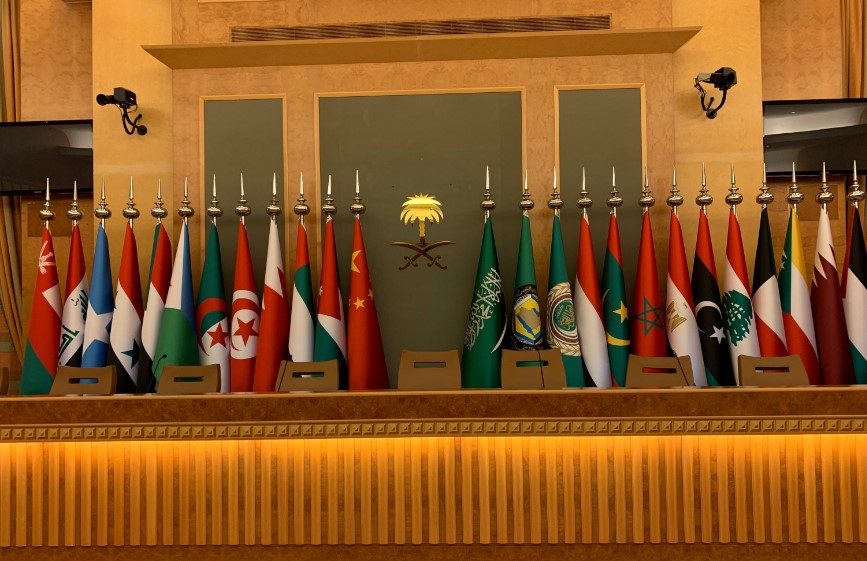
Jin Liangxiang, Senior Research Fellow, Shanghai Institute of Int'l Studies
Mar 25, 2025
U.S. policy ultimately will be defined by Israel. With Donald Trump in the White House, the Middle East will become even more vulnerable, and the security situation may erode. Saudi Arabia may not get the security guarantees it wants from the United States, and Iran will continue to be in the picture.

Elyssa Koepp, Tunisian-German-American specialist, Research Assistant at Center for Constitutional Studies and Democratic Development
Jul 05, 2024
Tunisia’s location on the Mediterranean Sea has lent itself to close ties with Europe over many decades, but President Kais Saied seems to be spurning the West now in favor of currying favor with China.

Ghulam Ali, Deputy Director, Hong Kong Research Center for Asian Studies
Jul 03, 2024
Although China’s relations with the Arab Gulf States are expanding and grabbing international headlines, they face a major obstacle. China shuns military alliances, whereas the Arab Gulf States have heavily relied on external security guarantees since their independence. This significant gap in the national strategies of the two sides will prevent the relationship from advancing into higher geopolitical realms, limiting cooperation to secondary areas in an era of shifting power centers. Amidst various ongoing shifts, security matters continue to shape regional geopolitics.

He Wenping, Senior Research Fellow, Charhar Institute and West Asia and Africa Studies Institute of the China Academy of Social Sciences
Dec 14, 2022
Do three recent high-level meetings mean that Beijing wants to fill a vacuum? No — there is no vacuum, despite a comment by U.S. President Joe Biden. The goal of Arab people in seeking friendly relations with China is not security but development.
Jin Liangxiang, Senior Research Fellow, Shanghai Institute of Int'l Studies
Jan 28, 2022
GCC countries want to maintain good relations with the United States, but they also want to maintain good relations with China, and are unwilling to take sides even under pressure.
He Wenping, Senior Research Fellow, Charhar Institute and West Asia and Africa Studies Institute of the China Academy of Social Sciences
Feb 19, 2020
Support for the Palestinians — or lack of it — from Arab states in the Middle East will determine whether, and how much, the latest one-sided Trump policy can be implemented.
Dec 07, 2017
President Donald Trump on Wednesday reversed decades of U.S. policy and recognized Jerusalem as the capital of Israel, imperiling Middle East peace efforts and
Jin Liangxiang, Senior Research Fellow, Shanghai Institute of Int'l Studies
Mar 13, 2015
The Arab Spring was neither a transformation from authoritative political system to western democracy, nor a religious “Islamic Awakening.” Dr. Jin Liangxiang describes it as the reconstruction of political legitimacy, and primarily caused due to governments losing their legitimacy by not providing economically for the people. Externally imposed political systems will not solve the ongoing issues, though.
Jin Liangxiang, Senior Research Fellow, Shanghai Institute of Int'l Studies
Jul 16, 2013
The recent removal of Mohamed Morsi from the presidency in Egypt has indicated again that western style democracy characterized by one-person-one-vote elections is not suitable for the Arab world, at least right now.